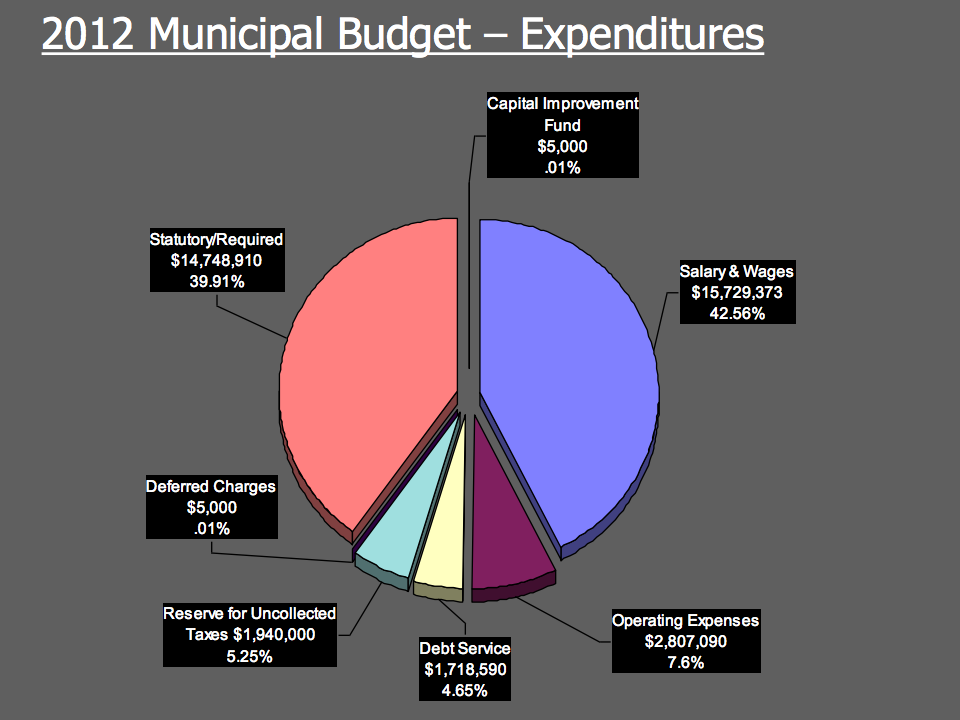Re: Scranton Mayor Cuts All Municipal Employees Down to Minimum Wage
One of the things that contributed most to the growth of my city was the development of higher education downtown. Before this, people from my city of around 50,000 people had to travel 15-20 miles to go to college. Now people can get associate's degrees and half of a bachelor's degree in the city. And by developing the higher education centers in the downtown area, the whole of downtown has experienced a boom. Businesses are popping up all over the place. Another great thing about the new education center is that it caters to low cost education with a focus on technological, manufacturing, and medical careers. Not really a surprise when one considers that those three areas form the largest sectors of employment around here. So aside from the immediate benefit of bringing higher education here that drives local business growth, long-term growth is being created by endowing the local populace with education that will be pertinent in the years to come. More cities should do things like this.
One of the things that contributed most to the growth of my city was the development of higher education downtown. Before this, people from my city of around 50,000 people had to travel 15-20 miles to go to college. Now people can get associate's degrees and half of a bachelor's degree in the city. And by developing the higher education centers in the downtown area, the whole of downtown has experienced a boom. Businesses are popping up all over the place. Another great thing about the new education center is that it caters to low cost education with a focus on technological, manufacturing, and medical careers. Not really a surprise when one considers that those three areas form the largest sectors of employment around here. So aside from the immediate benefit of bringing higher education here that drives local business growth, long-term growth is being created by endowing the local populace with education that will be pertinent in the years to come. More cities should do things like this.






Comment